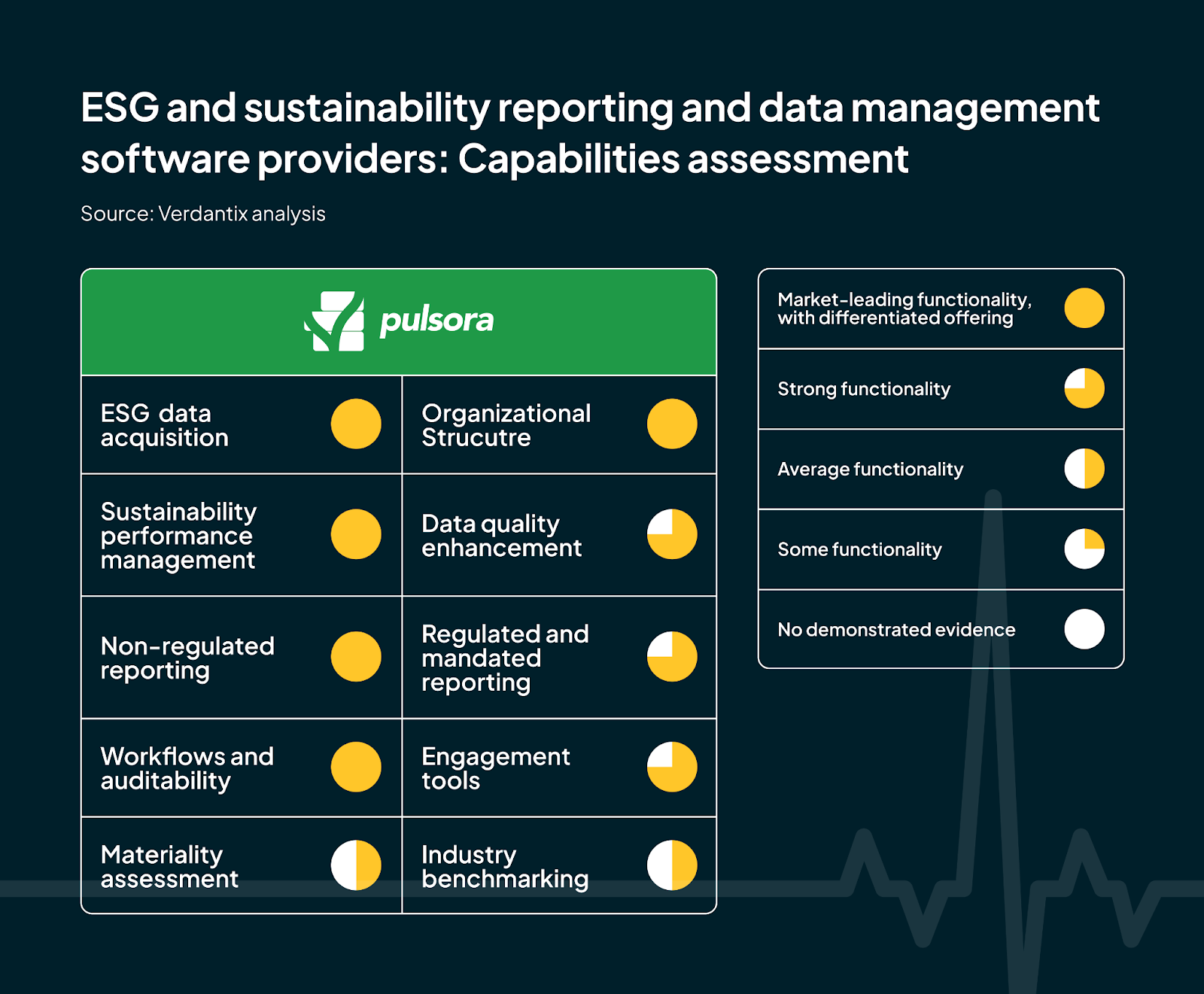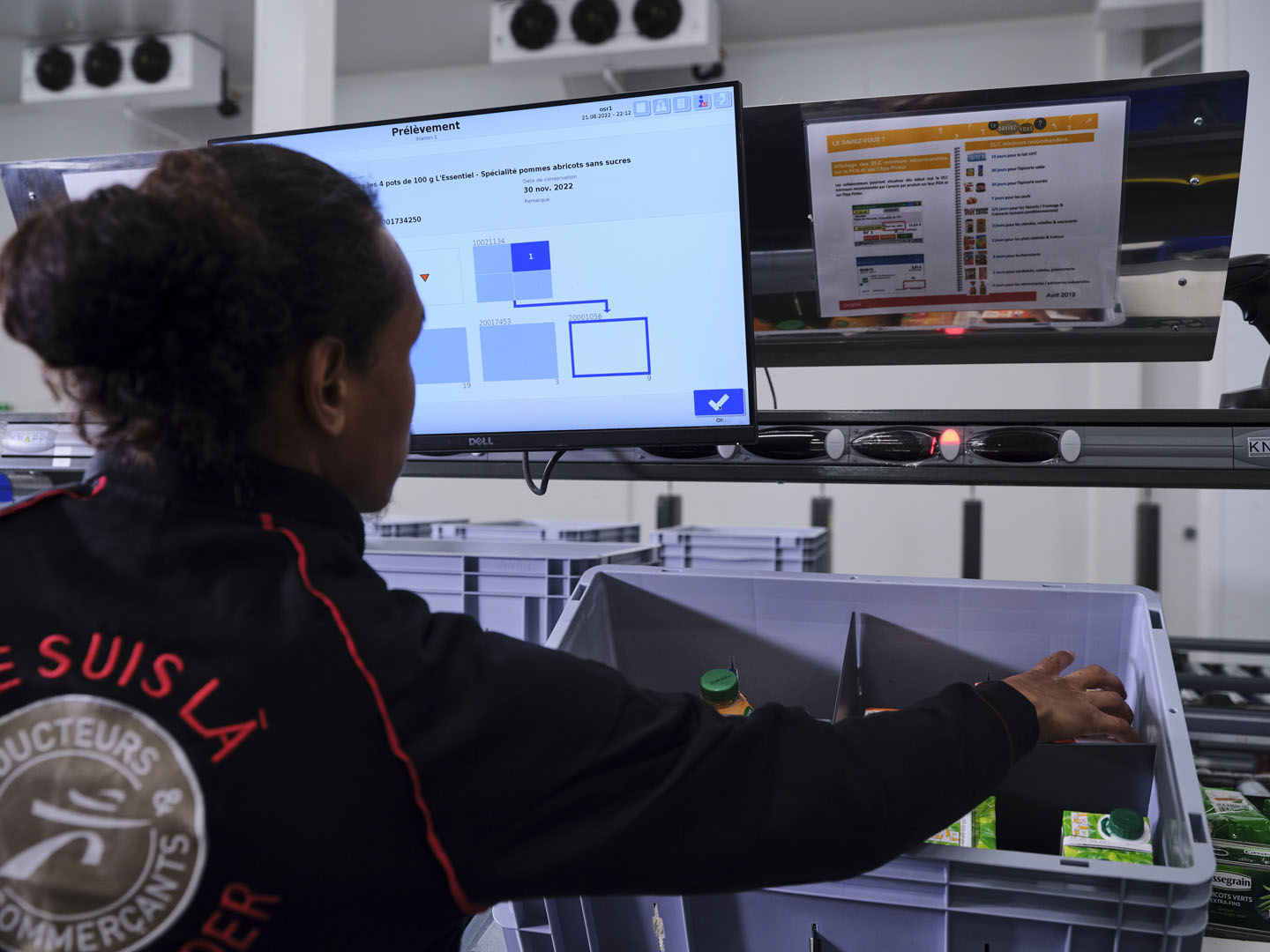Let’s be honest. Quantum computing sounds like science fiction. Qubits, superposition, entanglement—it’s a world away from quarterly reports and supply chain logistics. But here’s the deal: the buzz isn’t just noise. The real conversation isn’t about building quantum computers; it’s about what they mean for how we plan, compete, and survive. This is where quantum computing meets business strategy. And it’s a collision that demands attention now, not later. Why Strategy Can’t Wait for the Hardware Sure, a fault-tolerant, general-purpose quantum computer is likely a decade away. But the strategic…
Read MoreCategory: Business
The Rise of the Solopreneur Ecosystem: Tools and Support Networks
Honestly, the business landscape is shifting under our feet. Gone are the days when “entrepreneur” automatically meant a team, an office, and a massive overhead. In its place? A vibrant, sometimes chaotic, but incredibly powerful force: the solopreneur. These are the one-person armies building brands, products, and services from the ground up. They’re not just freelancers; they’re CEOs, marketers, accountants, and customer service reps all rolled into one. But here’s the deal—no one truly does it alone. The real story isn’t just the rise of the individual founder. It’s the…
Read MoreThe Business Case for Neuroinclusion: Why Your Hiring and Workplace Design Need a Rethink
Let’s be honest. For years, diversity and inclusion efforts have had a blind spot. We’ve focused on visible differences—and rightly so—but often missed the neurological ones. That’s changing. Fast. Neuroinclusion is the practice of recognizing, valuing, and including people whose brains process information differently. We’re talking about autism, ADHD, dyslexia, dyspraxia, and a whole spectrum of cognitive styles. And here’s the deal: this isn’t just about social responsibility anymore (though that’s a powerful reason). It’s a straight-up, hard-nosed business strategy. Ignoring it means leaving talent, innovation, and profit on the…
Read MoreBuilding a Stakeholder-Capitalism Framework for Private Companies
Let’s be honest. When you hear “stakeholder capitalism,” you probably picture a massive public corporation facing down activist investors or issuing a glossy ESG report. It feels like a game for the big players, right? But here’s the deal: the core idea—that a company’s duty extends beyond shareholders to employees, customers, communities, and the planet—is arguably even more powerful for private businesses. Without the quarterly earnings circus, private companies have more freedom to play the long game. They can bake stakeholder value into their DNA from the start, not as…
Read MoreBeyond the Hype: Monetizing Digital Collectibles and Utility NFTs for Real Brand Engagement
Let’s be honest. For a while there, “NFT” felt like a buzzword on steroids. A gold rush of pixelated apes and million-dollar jpegs that left most brands scratching their heads. Where’s the real value? How does this translate to, you know, actual business? Well, the dust is settling. And what’s emerging is a fascinating landscape where digital collectibles and, more importantly, utility NFTs are becoming powerful tools for monetization and community building. This isn’t about quick cash grabs. It’s about forging deeper connections and creating new, self-sustaining revenue streams. Let’s…
Read MoreThe Rise of the Fractional Executive and the Future of C-Suite Roles
Think about the traditional C-suite. It’s a fixed structure, right? A CEO, a CFO, a CMO—each in their corner office, a permanent fixture on the org chart. But that model is cracking. Honestly, it’s more than cracking; it’s being quietly, efficiently, and powerfully reinvented. Enter the fractional executive. This isn’t a consultant who pops in with a report and leaves. It’s not an interim leader just filling a seat. A fractional executive is a seasoned, C-level veteran who works part-time, on-demand, for one or several companies. They bring the strategic…
Read MoreDeveloping a Hyperlocal Supply Chain Strategy for Urban Businesses
Let’s be honest. For a city-based bakery, boutique, or brewery, the classic supply chain model can feel… clunky. Why are your ingredients, materials, or products crisscrossing the country when the solution might be a few blocks away? That’s the core idea behind a hyperlocal supply chain. It’s about shrinking the map. Building a network of suppliers, producers, and partners within your own urban ecosystem—often within a 50-mile radius, sometimes within your own neighborhood. This isn’t just a feel-good, “shop local” trend. It’s a sharp, strategic pivot that tackles modern urban…
Read MoreThe Business Case for Neurodiverse Hiring and Inclusive Workplace Design
Let’s be honest. For years, the corporate world has largely operated on a single, narrow definition of what a “good” employee looks and acts like. They’re sociable in meetings, they think on their feet, they thrive in open-plan offices. It’s a model that’s left a massive pool of talent—neurodivergent talent—on the sidelines. Here’s the deal. Neurodiversity refers to the natural variation in human brain function. It includes conditions like Autism, ADHD, Dyslexia, and Tourette’s Syndrome. And it’s not about fixing people. It’s about fixing workplaces. When we shift from seeing…
Read MoreMonetizing Digital Trust and Transparency: The New Core Business Service
Let’s be honest. The digital marketplace is a bit of a noisy, crowded bazaar. Everyone’s shouting about their amazing product, their unbeatable price, their world-class service. But in the midst of all that noise, customers are standing still, arms crossed, asking one silent, powerful question: “Can I actually trust you?” That hesitation, that moment of doubt, is where the real opportunity lies. It’s no longer enough to just have a good product. You have to prove it. You have to be transparent. And here’s the deal: that proof, that transparency—that…
Read MoreOperational Strategies for Scaling a Bootstrapped Business to Seven Figures
Let’s be honest. Scaling a bootstrapped business isn’t a glamorous sprint. It’s a gritty, resourceful marathon where every decision echoes in your bank account. You’re not playing with venture capital Monopoly money. You’re playing with your own skin in the game. That pressure, though? It’s your greatest advantage. It forces a level of operational discipline that funded competitors often lack. Getting to seven figures—and doing it profitably—is less about a single magic bullet and more about building a system of interlocking gears. A machine that runs efficiently, scales predictably, and…
Read More









